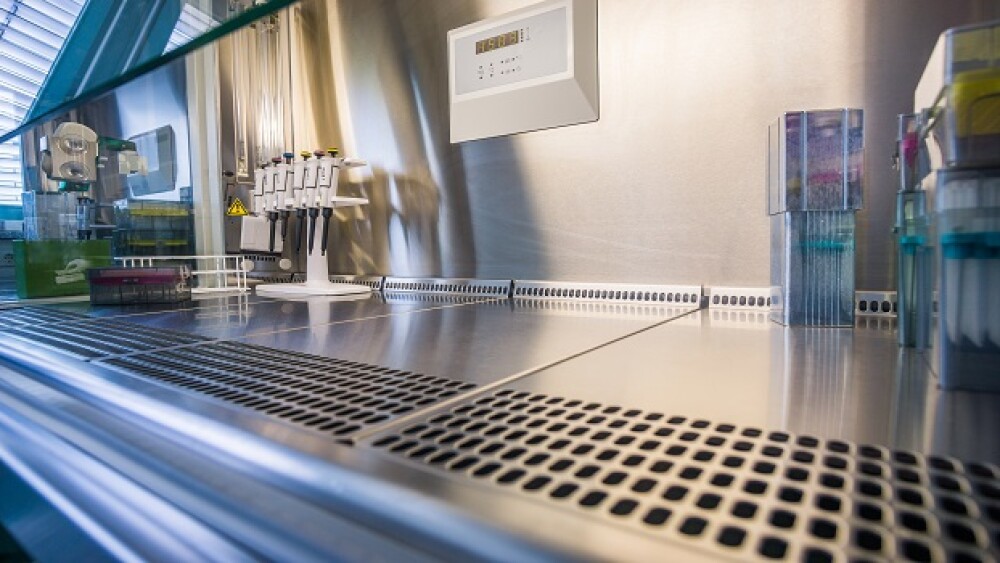Ferring Pharmaceuticals is buying Rebiotix. As part of the deal, will acquire Rebiotix’s lead program, RBX2660, a non-antibiotic treatment to prevent recurring Clostridium difficile infection (CDI).
Ferring Pharmaceuticals, headquartered in Saint-Prex, Swizerland, is acquiring Roseville, Minnesota’s Rebiotix. Financial details have not been disclosed.
Ferring is a research-based specialty biopharmaceutical company that focuses on reproductive medicine and women’s health, with specialty areas within gastroenterology and urology. Rebotix is a late-stage clinical microbiome company.
As part of the deal, Ferring acquires Rebiotix’s lead program, RBX2660, a non-antibiotic treatment to prevent recurring Clostridium difficile infection (CDI). It is currently in a Phase III trial. In the U.S., it has received Fast Track, Breakthrough Therapy and Orphan Drug Designations by the U.S. Food and Drug Administration (FDA).
Rebiotix drug platform is called MRT, which delivers healthy, live, human-derived microbes into the gastrointestinal tract.
“The scientific advances Rebiotix has made add significant strategic value to Ferring’s leadership in gastroenterology,” said Michel Pettigrew, Ferring Pharmaceuticals’ president of the executive board and chief operating officer, in a statement. “Therapies targeted towards the microbiome have the potential to transform healthcare. Together, we have a unique opportunity to help people living with debilitating and life-threatening conditions like Clostridium difficile infection.”
Ferring brought in about $2.4 billion in revenue last year. Rebiotix was founded in 2011, when it was called MikrobEX. A private company, its most recent funding round was about four years ago, for $25 million.
“Rebiotix is basically a full-fledged biotechnology company with their own platform,” said Per Falk, Ferring’s chief scientific officer to the Star Tribune. “We’re of course extremely interested in the forerunner products…. However, we actually see it as the acquisition of a platform.”
Rebiotix will keep its name and its 45 staffers, including its chief executive officer, Lee Jones. Ferring has no plans to move the company. Jones said in a statement, “In the short term, nothing potentially changes for us, other than we have the access and resources of a much larger company behind us.”
The U.S. Centers for Disease Control and Prevention say C. diff infects more than 500,000 people in the U.S. each year. In 2011, 29,000 died within 30 days of contract C. diff, according to a 2015 New England Journal of Medicine article. It is often seen in elderly patients in hospital or long-term care facilities, particularly if they have received antibiotics long term.
C. diff is usually treated with antibiotics, such as vancomycin. But about a quarter of these patients will have a recurrence, usually within 30 days.
RBX2660 is a drug formulation that takes microbes from a healthy individual’s stool, is treated, and delivered to a patient with C. diff. It is also being investigated for vancomycin-resistant enterococci, pediatric ulcerative colitis and multi-drug resistant urinary tract infections.
If approved, it will be the first approved pill using microbes in its payload.
Rebiotix is not Ferring’s first investment in microbiome technology. It inked a license deal with MyBiotics for its women’s health drugs and signed a research agreement with MetaboGen for a microbiome-based therapy for intrahepatic cholestasis of pregnancy. It also has partnered with the Karolinska Institutet and Science for Life Laboratory, and the Centre for Translational Microbiome Research, as well as others.





